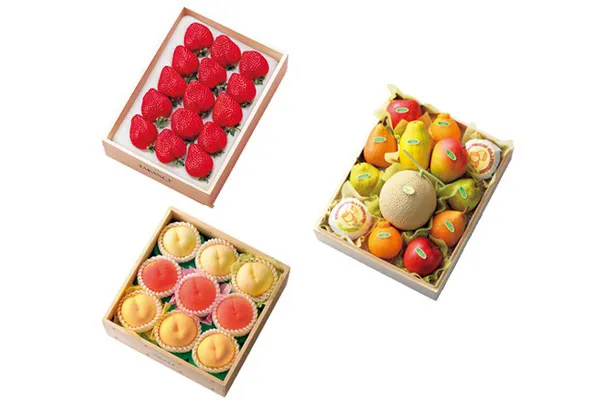In Japan, the appreciation for fruit extends to significant financial investments, with consumers willing to pay high prices for premium varieties. A notable example is the Ruby Roman grape, cultivated in Ishikawa prefecture, which fetched 1.5 million yen ($16,000) for a bunch in 2022.
These grapes are subject to stringent quality controls, including weight, sugar content, and color. High-priced fruit purchases are often made by corporations and covered extensively by the media.
Specialist fruit stores across Japan, such as Takano Fruit Parlour in Tokyo's Shinjuku train station, offer a range of expensive fruits. Prices include $300 for Miyazaki mangoes, $40 for Sekai-Ichi apples, and lower-cost options like $10 cherries and $7 strawberries. The presentation of fruit in these stores is akin to luxury goods, with individual wrapping and displays that highlight the fruit's perfection.

Cultivation practices for these fruits often involve meticulous care, including greenhouse growing, nutrient optimization, and even massaging for certain varieties. Uniquely shaped fruits, like square melons and Buddha-shaped pears, are also popular. Expensive fruits often carry a protected geographic indicator, providing information about their origin and flavor profile. Fruit in Japan is revered and consumed as part of high-end meals or offered as prestigious gifts. Takano Fruit Parlour also hosts workshops on fruit cutting and serves fruit-based desserts, emphasizing the cultural significance of fruit in Japan.
Source: theage.com.au
Photo source: Takano Fruit Parlour
